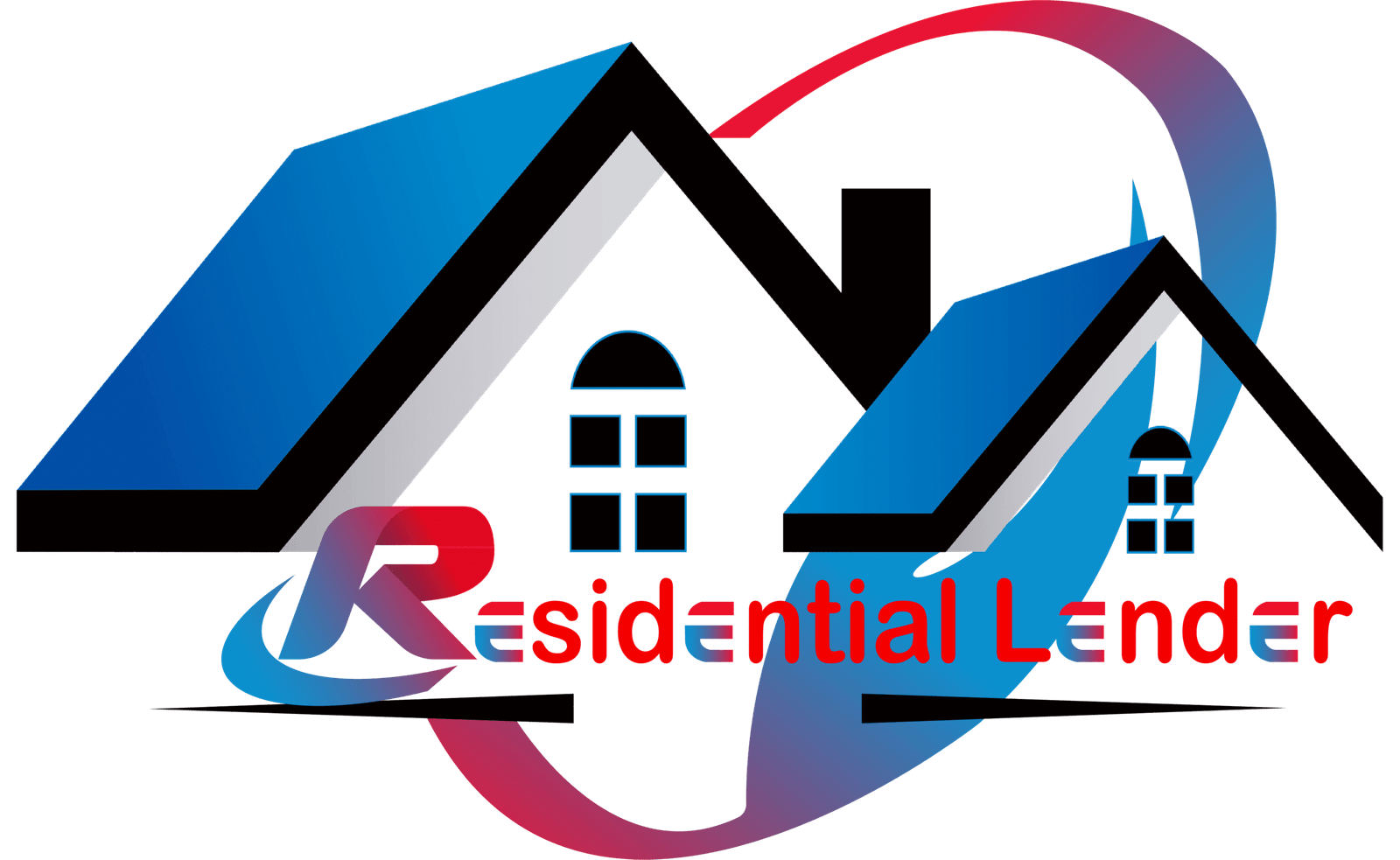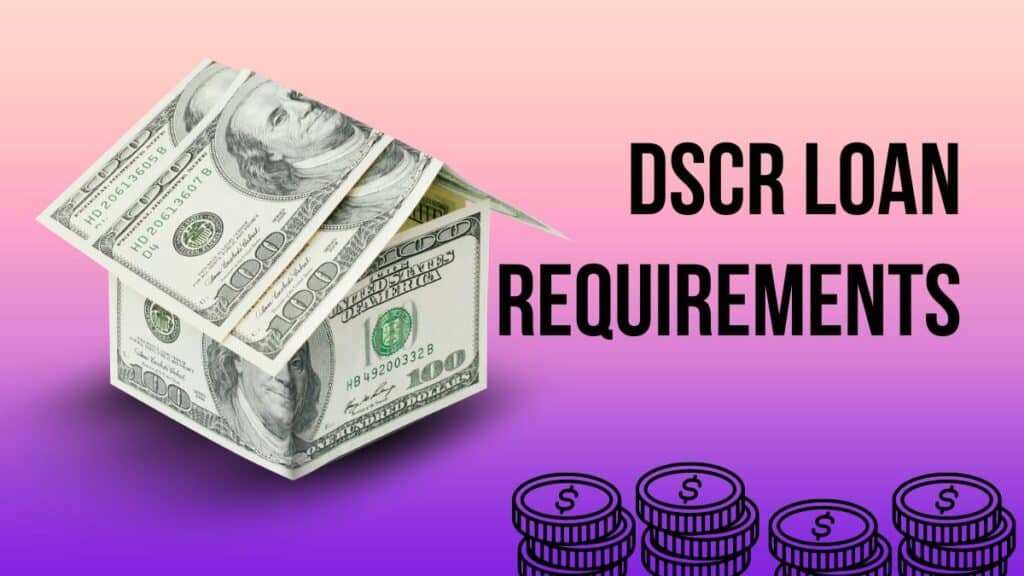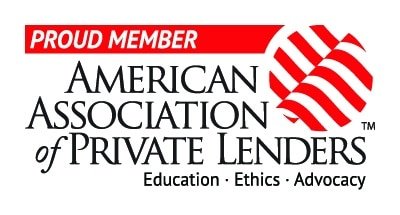DSCR loans are a unique way to get money for investment properties that help owners reach their full potential. DSCR loans differ from traditional mortgages because they focus on the property’s ability to bring in enough income to cover loan payments. This gives owners more options and easier access to capital. DSCR loans are based on the Debt Service Coverage Ratio (DSCR), which is a significant number that shows how well the property can make money to pay its debts. A home with a higher DSCR is more likely to be financially stable, which makes it a better investment for lenders.
This blog post will detail the DSCR loan requirements and the primary standards investors must meet to be eligible. It will talk about what you need to know about DSCR standards, how to improve your property’s DSCR, how to apply for a DSCR loan, and the pros and cons of DSCR loans. Investors will fully understand DSCR loans by the end of this blog post. This will allow them to make smart choices about financing their next real estate purchase.
Understanding Debt Service Coverage Ratio (DSCR)
What is DSCR?
One way to determine if a property can make enough money to pay its debts is to look at its Debt Service Coverage Ratio (DSCR). It helps lenders figure out how risky it is to give money to a property by ensuring it can pay its mortgage and other debts over time.
Calculating DSCR: A Step-by-Step Guide
Determine Net Operating Income (NOI)
Total Possible Gross Income (PGI): This is the amount of money the property could make if all its units were rented for their full market value.
Vacancy and Collection Losses: Add the expected percentage of empty units and the chance that rent will not be paid and subtract that number.
Effective Gross Income (EGI): This is the projected income after considering fees and losses.
Less: Working Expenses: Remove your working costs, such as property taxes, insurance, repairs, and management fees.
Net Operating gain (NOI) is the property’s gain after all operating costs are deducted.
Calculate Total Debt Service
Annual Mortgage Payment: This amount covers the loan’s capital and interest.
Additional Debt Obligations: List any other payments you have to make on debts related to the property, like second mortgages or lines of credit.
“Total Debt Service” is the sum of all the monthly payments on your debts.
Calculate DSCR
DSCR = Net Operating Income (NOI) / Total Debt Service
Example
Let us say that a property brings in $100,000 annually and pays off $80,000 in debt. Here’s how to figure out the DSCR:
DSCR = $100,000 / $80,000 = 1.25
This means that the property makes 1.25 times as much money as it needs to pay its debts, which is a good sign for its finances.
Maintaining a Healthy DSCR
Having a good DSCR is essential for the whole loan time. Changes in interest rates, running costs, and rental income are some of the things that can affect DSCR. If you want to keep your DSCR high, think about the following:
Increase Rental Income: Raise rents when the market allows it and use good marketing tactics to keep vacancies to a minimum.
Negotiating better deals with vendors, making fewer energy changes, and managing your properties more efficiently can lower operating costs.
Refinance the Mortgage: Look into your refinancing choices to get lower monthly payments and interest rates.
Keep an eye on market trends: Stay current with what’s happening in the local market and change your plans as needed.
Owners of rental properties can protect their investments and lower the risk of default by knowing and managing DSCR.
Essential DSCR Loan Requirements
Minimum Debt Service Coverage Ratio (DSCR)
For a DSCR loan, the minimum DSCR requirement is usually between 1.25 and 1.50, but it can change a lot based on several factors, such as:
Lender and Loan Product: Different lenders are willing to take on different amounts of risk, and some loan products may need higher DSCR rates from lenders.
Loan Type: The DSCR may be lower for loans on properties that generate more stable and predictable income, such as multi-family units, than for loans that generate less stable and predictable income, such as short-term rents.
Type of Property: The DSCR standards can differ for each property type. For instance, the DSCR may be higher for business loans than residential investment property loans.
Credit Score: People with better credit may be able to get loans with lower DSCR standards.
Down Payment: This is because a more significant down payment usually means a smaller DSCR.
Loan-to-Value (LTV) Ratio: If the LTV ratio is low (higher down payments), the DSCR standards may be lower.
Credit Score Requirements
Even though DSCR loans focus on the property’s cash flow, having good credit is still very important. Most lenders want a credit score of at least 640 to 680. However, some may look at clients with lower scores on a case-by-case basis.
Better loan terms can come with a better credit score, such as
Lower Interest Rates: People who borrow money and have good credit may get lower interest rates, lowering their total borrowing costs.
Increased Loan Amounts: Lenders might be ready to lend more significant amounts to people with good credit.
There are other ways for borrowers to get a DSCR loan if their credit score is lower than the minimum standard. These include:
Getting a co-signer: If you need a loan, having a co-signer with good credit can help your total creditworthiness.
Making a Bigger Down Payment: A significant down payment can lower the lender’s credit risk.
Down Payment Requirements
For DSCR loans, the down payment must usually be between 15% and 25% of the buying price. However, this can vary depending on the lender, the type of property, and other factors.
A larger down payment can:
Boost Your Chances of Getting a Loan: A more significant down payment lowers the lender’s risk, making the loan more likely to be approved.
Lead to Better Loan Terms: A more significant down payment usually means better loan terms and lower interest rates.
If a client doesn’t have the required down payment, they may have the following options:
Down payment assistance programs specific to lenders: Some lenders have programs that can help borrowers with qualified costs to help them with their down payment.
Using Investment Funds: You can use investment funds or savings accounts (as long as you know how to withdraw money from them) to help with the down payment.
Property Eligibility
DSCR loans can usually be used for
Residential Investment Properties: These include single-family houses, duplexes, triplexes, and fourplexes, as well as small apartment buildings.
Office buildings, stores, warehouses for manufacturing, and self-storage spaces are all examples of commercial investment properties.
Restrictions on Property Types
Owner-Occupied Properties: DSCR loans are usually unavailable for buildings the borrower owns.
Fixer-Upper Properties: Standard DSCR loans might not be able to cover significant repairs for fixer-upper properties. However, some lenders may have special programs for home improvement jobs.
Additional Documentation Requirements
When you ask for a DSCR loan, lenders usually want to see the following:
Tax returns are used to prove income and financial security.
Proof of Income: Bank records, pay stubs, and other forms of identification that show where the money comes from.
Property Appraisals: To determine how much the property is worth on the market.
Rent Rolls: Use rent rolls to check rental income and occupancy numbers.
Operating Statements: To show that the company is making money.
Personal Financial Statements: To fully understand the borrower’s money situation.
These papers are essential for the lender’s underwriting process, which checks the borrower’s creditworthiness, the property’s financial health, and the loan’s total risk.
By learning about these critical DSCR loan requirements, investors can prepare for the application process and improve their chances of getting the loan they need to reach their real estate investment goals.
Benefits of Using ResidentialLender.Net for Your DSCR Loan Needs
Do you want to discover how DSCR loans can help you invest in real estate? ResidentialLender.Net is the only place you need to go! You can come to us for all of your DSCR loan needs. We have the best rates, the most experienced staff, and the most straightforward loan process.
Unmatched Expertise in DSCR Financing
Our team of experienced professionals at ResidentialLender.Net knows a lot about DSCR loans and how to meet the specific needs of real estate owners. We keep up with changes in the lending rules and industry trends to ensure you get the best financing choices for your investment property. Because we’ve done this before, we can help you get the DSCR loan application you need quickly and efficiently to reach your business goals.
Competitive Rates and Flexible Loan Terms
We know that getting affordable rates is essential for getting the most out of your investments. ResidentialLender.Net is dedicated to providing some of the best DSCR loan rates. We work with a vast network of lenders to ensure you can get a loan with flexible terms that fit your business strategy. We can help you find the best loan, whether you want a set or adjustable rate.
Streamlined Application Process and Exceptional Client Service
We understand how important your time is. Because of this, ResidentialLender.Net has made applying for a DSCR loan quick and easy. You can count on our dedicated loan officers to help you through every step, ensuring you understand everything and get help quickly. We want you to be happy, and we put a high value on building long-term connections with our clients. Our team is here to help you with questions or concerns so your loan experience goes smoothly.
Ready to Unlock Your Real Estate Investment Potential?
Don’t pass up the fantastic chances that DSCR loans can give you. Get free DSCR loan advice today by calling ResidentialLender.Net. Our experts will examine your investment goals and current financial situation and suggest the best loan choices to help you move forward with your real estate plans. Let us help you feel confident as you go through the DSCR loan process and get the most out of your next rental property.
Conclusion
After reading this blog post, you will know everything you need to know about DSCR loans. It discusses essential requirements such as minimum DSCR ratios, credit score factors, down payment choices, and eligible properties. We’ve also discussed how to keep your DSCR healthy and stressed the importance of doing so.
Don’t forget that DSCR loans are a powerful way for real estate investors to get around traditional restrictions and find exciting business possibilities. DSCR loans let you finance homes that bring in money and help you reach your financial goals by focusing on the property’s cash flow.
DSCR loans can help you take your real estate investments to the next level. Are you ready? Get in touch with ResidentialLender.Net now! Our experts on DSCR loans are here to help you through the process, help you weigh your choices, and find the best way to finance your next investment property. Don’t wait—contact us immediately to see how far your real estate dreams can go!
FAQs
Can I use rental income from a property I don’t own to qualify for a DSCR loan for a new property?
Lenders usually want the rental income used to calculate the DSCR from the funded property.
Can I get a DSCR loan for a fixer-upper property that needs significant renovations?
Some lenders have special programs for renovation jobs, but regular DSCR loans might not be right for significant renovations. There may be specific rules and higher DSCR ratios for these services.
What happens if my DSCR falls below the required level during the loan term?
If your DSCR drops below the needed amount, your lender may consider it a default. This can lead to dire consequences, like possibly losing your home. Addressing any problems that could hurt your DSCR before they happen is essential.
Can I use a vacation rental property to qualify for a DSCR loan?
Some lenders might look at holiday rentals, but because the income is only earned during certain times of the year, they usually have stricter underwriting rules and higher DSCR requirements.
Are there any tax benefits associated with DSCR loans?
The tax effects of DSCR loans differ for each person and depend on the tax rules in their country. Talking to a trained tax professional is essential if you want to know how your situation affects your taxes.








